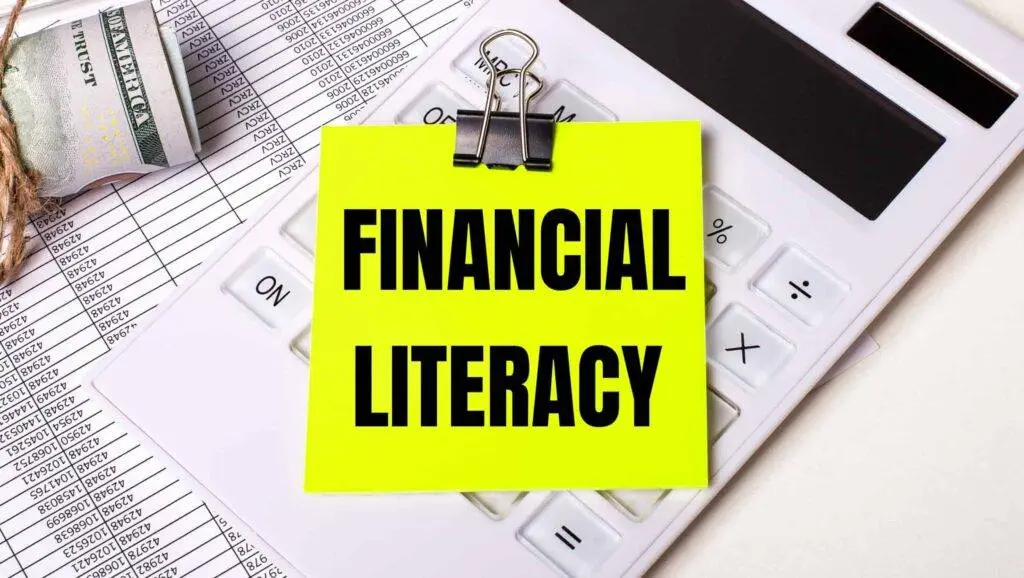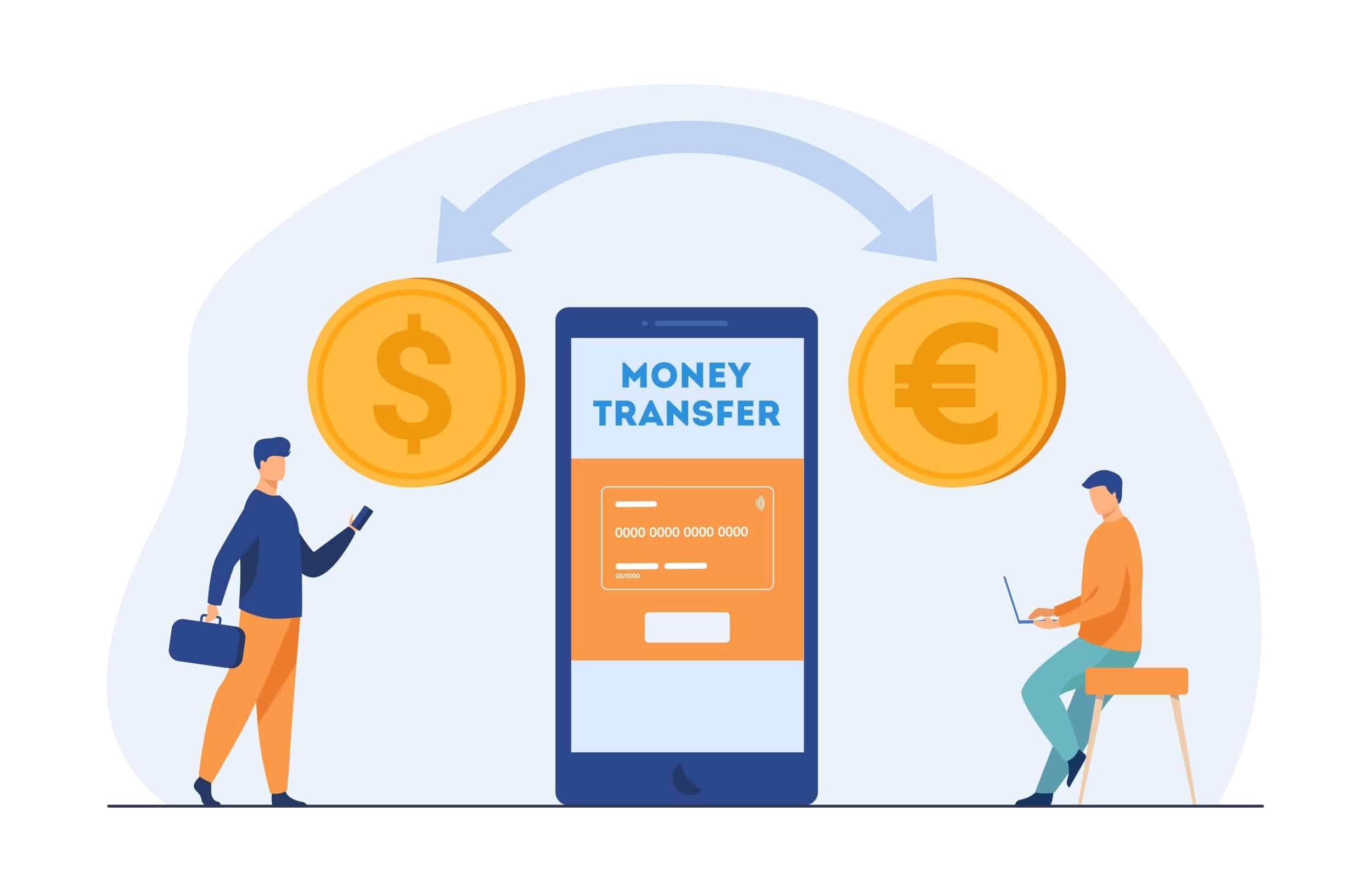Financial literacy can be defined as a combination of knowledge, skills, attitudes, and behaviors necessary to make sound financial decisions. Financial literacy is important for understanding financial products and making the right financial decisions because it reduces individual and business failures, reduces the risk of poverty, and contributes to economic growth and the development of individuals and society as a whole.
Money
Money is a kind of commodity for which any other commodity as well as services can be bought. All products of human labor are distributed and exchanged with money. The usual definition of money states that money is (1) a unit of account, (2) a store of value, and (3) a medium of exchange, although most authors believe that the first two properties are irrelevant and derive from the latter. A person who has a balanced view of money is aware that it can help him achieve his goals. But he also does not allow everything in his life to revolve around money.
It might be a good idea to reexamine whether you have a balanced attitude toward money. For example, you might ask yourself:
– Am I attracted to business opportunities that promise quick and easy earnings? 
– Am I generous or do I have a hard time spending money on someone?
– Do I tend to befriend people who constantly talk about money and their possessions?
– Am I willing to lie or do something dishonest to get money?
– Do I feel important when I have a lot of money in my pocket?
– Do I think about money all the time?
– Does my attitude toward money affect my health and my relationships with family members?
If you answered yes to any of the above questions, do your best to resist the materialistic mindset and develop a balanced attitude toward money. Learn about these and similar topics.
Cash flows and financial decisions
Money supply and demand, reserve money, liquidity and solvency, credit arrangements, deposits, interest rate, exchange rate, international financial institutions, IMF and World Bank, European Monetary System, euro and dollar, credit financing, the price of money and capital.
Taxes, duties, corporate taxation, value added tax.
Market research
Purchasing power of potential customers, how the customer decides to buy products / services and how well the potential customer understands the benefits of the product / service.
Actual demand for a particular product / service of a new business and market size and prices and conditions of sale of products / services. Analysis of competition and quality, price and conditions of availability of appropriate technology.
Banking and Payments
Basic functions of banking; Active banking; Passive banking; Collateral for bank claims; Domestic and foreign payments; Basic principles of banking; Supervision of banking operations; Internal control and audit of bank; Innovations in banking.
Entrepreneurial Strategy
Entrepreneurship and globalization, Entrepreneurship and the ecological crisis. Change management, risk management, keys to success. Entrepreneurship and innovation: economics of innovation, factors for the development of inventive activity, business plans.
Business Law
Establishment of a business and legal aspects of doing business, ways of terminating a business through liquidation and bankruptcy, analysis of contracts with suppliers, protection of technology, industrial and intellectual property, foreign investment.
Your benefit after learning about above mentioned topics will be:
– Understanding corporate finance and how to control it
– Management of corporate finances with a minimum of costs
– Management of corporate finances in a way that ensures maximum profits
– Effectively manage financial risk and respond quickly to market changes
– Make appropriate investment decisions
– Understanding the banking system
– Determining the right business strategy
– Legal aspects of business
Financial circumstances (how much you earn) and needs (how much and what you spend) change over a lifetime. And while you can spot some major life changes from afar and prepare for them in time, others happen completely unexpectedly, like earthquakes or sudden storms. Whether you are buying a car or an apartment, getting married or starting a family, losing your job, getting divorced, or getting sick, the key word is “preparedness.” It depends on how well you can manage your money, how well you have planned your financial goals, and how prepared you are to successfully handle life changes, whether adversity or serendipitous events, financially.
Good financial habits are developed from childhood, and bad ones need to be corrected as soon as possible.
A good financial habit is to live in accordance with one’s abilities. If children learn to manage their pocket money responsibly and to distinguish between wants and needs, they will know how to manage their first earned money and their family finances wisely even as adults.
By setting a weekly or monthly allowance, parents teach their children that there are limits to spending and saving. The situation is not much different when young people become financially independent. Most of them only then become aware that they have to manage the household budget on their own, which means paying the rent and monthly expenses from their income and covering the living expenses for food and all other necessities.
Saving is part of the path to financial freedom
Financially literate people know how to choose financial goals (buying a home, educating children, saving for retirement, etc.) that are within their means and therefore attainable.
How successful you are in achieving your financial goals depends on how much you earn, of course, but more important is how you manage what you have. Using a portion of your income (pocket money, i.e. salary) to save is a good financial habit that always pays. It also creates a sense of self-worth and self-actualization. It is extremely important that your finances are healthy. Spending more than the amount of your planned budget is a bad financial habit that prevents saving and leads to financial dependence, i.e. borrowing.
You need to know and be able to respond to changes and events in life. If you have debt because your income could not cover your expenses, you will not be able to respond to sudden higher financial demands (what if your car breaks down, you lose your job, or your house burns down?). Aside from having no savings to fall back on, you also will not be able to take out a loan because you are already in the red.
In the Invoice Crowd articles we will be preparing for you in the near future, you’ll learn more about financial literacy, what it entails, and how you can obtain it.



